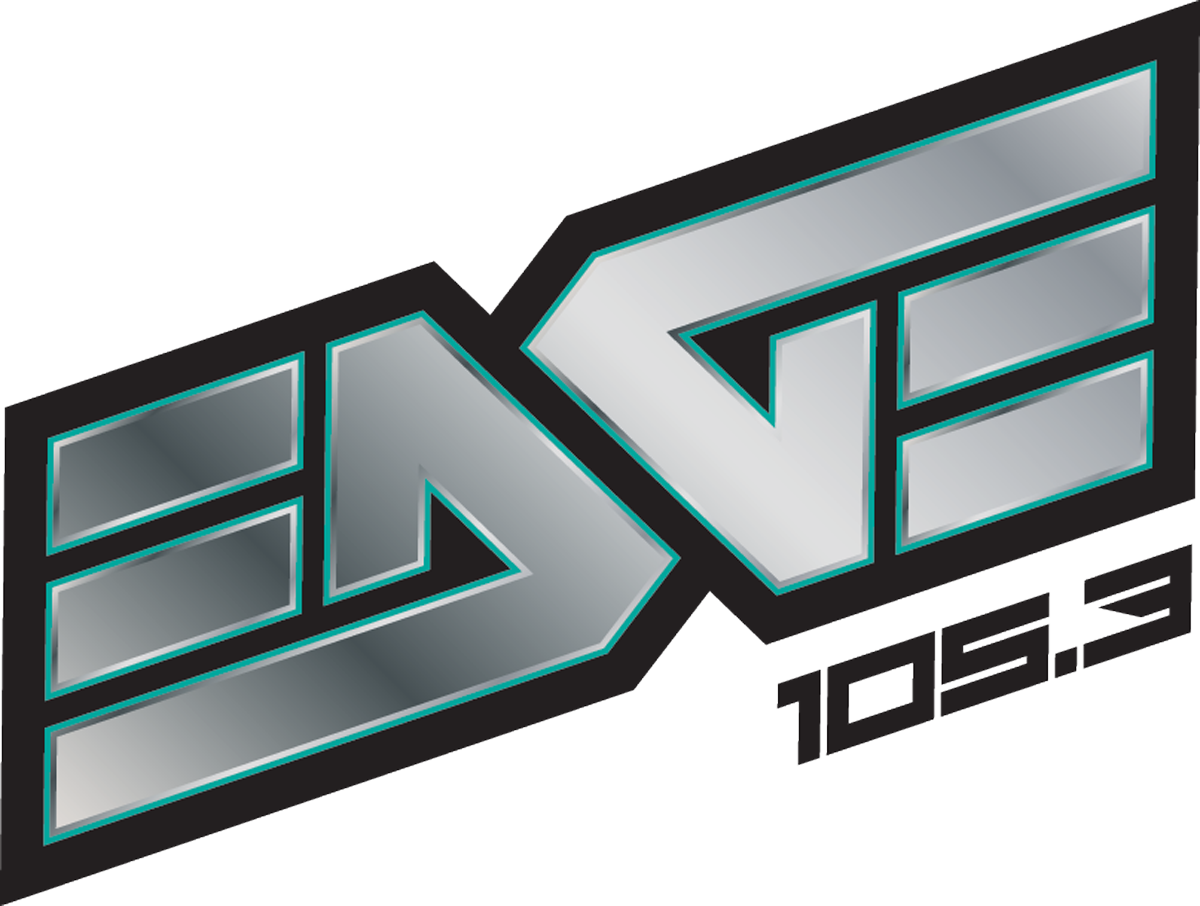Last month, a man from North Carolina, USA, was arrested in a scheme federal authorities are labelling “brazen fraud”. The man allegedly used artificial intelligence (AI) to create hundreds of thousands of songs, then continuously streamed them using bot accounts to generate unlawful royalty payments totalling more than US$10 million ($1.5 billion).
The man, Michael Smith, a musician himself, was charged with three crimes with law enforcement officials labelling the case the first of its kind involving artificially inflated music streaming.
Locally, there are concerns about AI and its impact on the music scene, particularly the dub plate industry, but is AI a threat?
The question is taking on new life as instances of AI tracks in the social space become more frequent, triggering fears that this growing trend could see suitors bypassing artistes for dubs and instead design their own tracks with the limitless combinations and possibilities provided by the technology.
Several representatives from the music industry weighed in on the matter.
Radio disc jock and selector DJ Rush does not believe that there will be any significant impact, pointing to a lack of high-demand music in the current space as the real challenge facing the dubplate market.
“Fluke. Over-hyped and being blown out of proportion. The real problem with the dub market being cut down is the fact that the music sucks now and no one wants to pay the exorbitant price for nonsense that lasts two weeks, max. AI isn’t the main issue,” DJ Rush told the Jamaica Observer.
His is a viewpoint shared by Coppershot’s Matthew Gray.
“I don’t think that the direction in which the music has gone into is dubplate-friendly, so I don’t see it (AI) disrupting it with the current music. I also think that the AI doesn’t exactly sound like the artistes. What it might do is to increase creativity within the industry, which is good. I don’t particularly see it impacting the dubplate culture, because we don’t have a strong dubplate culture right now. What I see happening is artistes doing personal dubs for their friends,” said Gray.
However, DJ Marc Chin, also from Coppershot, had a different take on the matter.
“In my opinion, technology will always triumph, no matter the sector or its role. A prime example in the music industry is the evolution from vinyl to CDs, and then to laptops and controllers. Imagine wanting a Vybz Kartel dubplate but finding it unattainable — what’s the next best option? Using AI to create that dubplate. However, I don’t see this catching on with DJs deeply immersed in our culture, especially in the clash scene. Still, in my view, technology inevitably prevails,” Chin explained.
Veteran and influential selector Foota Hype believes while the technology can present some positives, it is extremely dangerous in and outside of the music world.
“Well, personally for me, I think it’s very dangerous for dubplate and not only dubplate but also for 45 and also for breaking the law. It’s more than just a dubplate issue because someone can make a call using AI with your voice and you could be implicated for a crime. Also, someone could sing a song disrespecting someone else and put it out and people think it’s you,” Foota Hype reasoned.
He added, “Dubplate-wise, I could get up, then sing the dubplate if I am one of those persons who is versed with singing over people’s songs. It’s actually good in a case of Vybz Kartel, who has Graves’ disease and it makes his voice sound a little bit different. If he could run his AI voice through the system at Freedom Street (Kartel’s upcoming concert), then it would be perfect, because it would be Vybz Kartel using his own AI voice to perform and it would sound perfect. So in that case, it is a plus. But overall, it’s very dangerous and there is more negative than positive can be done with it. So I don’t trust it at all.”
Meanwhile, popular music promoter Andrew Powell of Worl Blast Music is also of the belief that AI could pose a threat to the dubplate sector.
“Yes, I believe so. AI can mess up things, especially those who sound like actual artistes; same thing for a song. The artiste will have to figure out how to control that. A whole heap a t’ings to it, and it can cause all kinda repercussions,” said Powell.
The international music community is already rallying with over 200 A-list artistes including Billie Eilish, J Balvin, Ja Rule, Jon Bon Jovi and Katy Perry, raising concerns about artificial intelligence-related threats in the music industry.
The Artist Rights Alliance organised an open letter calling on AI developers, tech companies and digital music platforms to stop using AI to devalue the artistes’ work, highlighting the technology’s potential to reshape the music economy and underlining the threat of deep fakes and voice cloning.

 1 month ago
4
1 month ago
4
 English (US) ·
English (US) ·